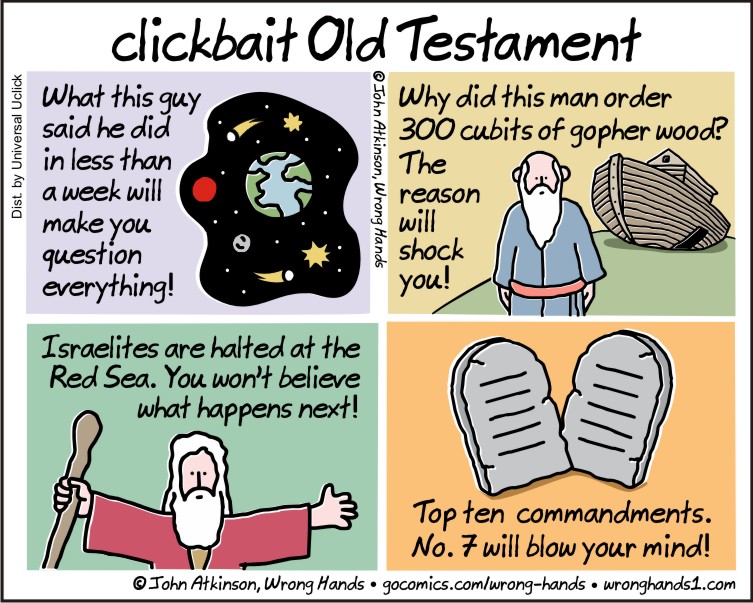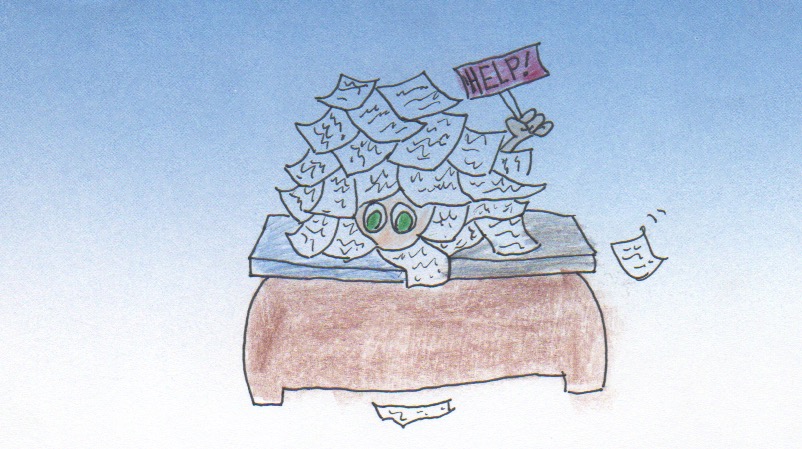As some of you know, I have asthma. As does one of my very best friends. And you know what these two…ahem…”seasoned” asthmatics love to do? Hike! Yup. We plod along, coughing and wheezing and laughing (or, to be more accurate, gasping) about how they’ll find our poor deceased selves on the path, but that’s okay, because at least we went out doing what we love. I realize that people who don’t know us or don’t deal with asthma might think we’re being irreverent. Maybe even just a bit careless with our lives. After all, we have ASTHMA! What are we doing out there, hiking in the wilderness, taking such absurd risks?
But here’s the thing. It’s one thing to have physical limitations. It’s another entirely to let those things limit our experience and enjoyment of life. It’s precisely because we know our lives could, in the wrong circumstances, be cut short that we are so passionate about living it to the fullest.
So why am I telling you this? Because too often I see writers giving up on their dreams or their craft because of what they consider insurmountable limitations. There are so many obstacles writers have to overcome that it almost seems absurd to keep going when (take your pick) we can’t seem to build a platform, or we don’t have focused time to write or our latest book (or two…or five…) had dismal sales to not feeling like we know enough about this aspect or that new social media outlet…and on and on the list goes. All those seeming limitations out there can wear us down until we can’t dredge up the confidence to keep going. Keep trying. And so we admit defeat and walk away.
May I make a suggestion, from one limited person to another? The next time you feel this way–the next time you find your focus getting bogged down in the obstacles and limitations—STEP.
S–Seek God. Get your focus and mind and spirit off of the externals and turn it all to God. To His character. To His love for you. To the things He has promised you: strength, peace, perseverance, and so much more. Remember, He gave you the task to write. And only He can release you from it.
T—Trust the Gift. No, I don’t mean the ability to write. I mean the gift of God inviting you to create with Him. Think about it! The Creator of the universe, the Creator of life itself, has invited you to partner with Him in using words to teach and inspire and uplift. Would He have asked you to do that if He didn’t plan to guide and equip and enable you? Of course not.
E—Embrace the Journey. Remember, as author and speaker Allen Arnold likes to say, when you reach your destination, your story is over. I’ve said it for a lot of years: Don’t get so focused on the destination that you miss what God has for you in the journey. It’s not about getting things done, it’s about running the race with grace and obedience and peace.
P—Persevere. (You know that was going to be the P word, now didn’t you?) Don’t give up. Sure, if you need to, take a break. Step away from writing and seek God’s wisdom and guidance. But then, get back in there. Continue to work and refine and reach out to touch others through the words He gives you. Believe me, you—and your readers—will be glad you stayed God’s course for you.











